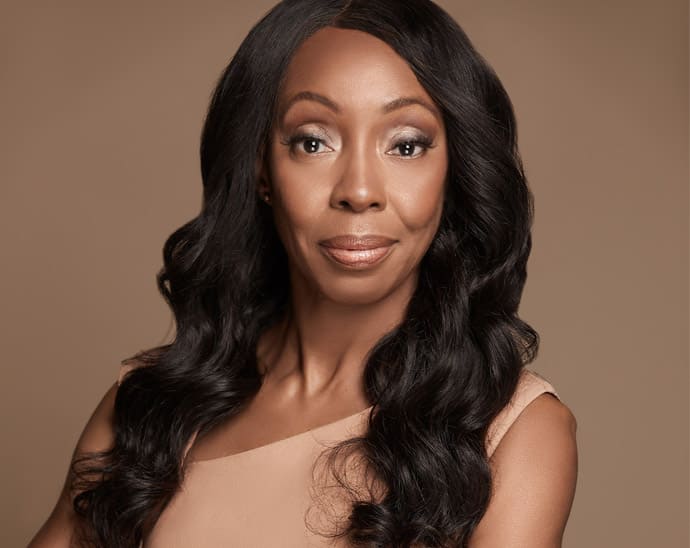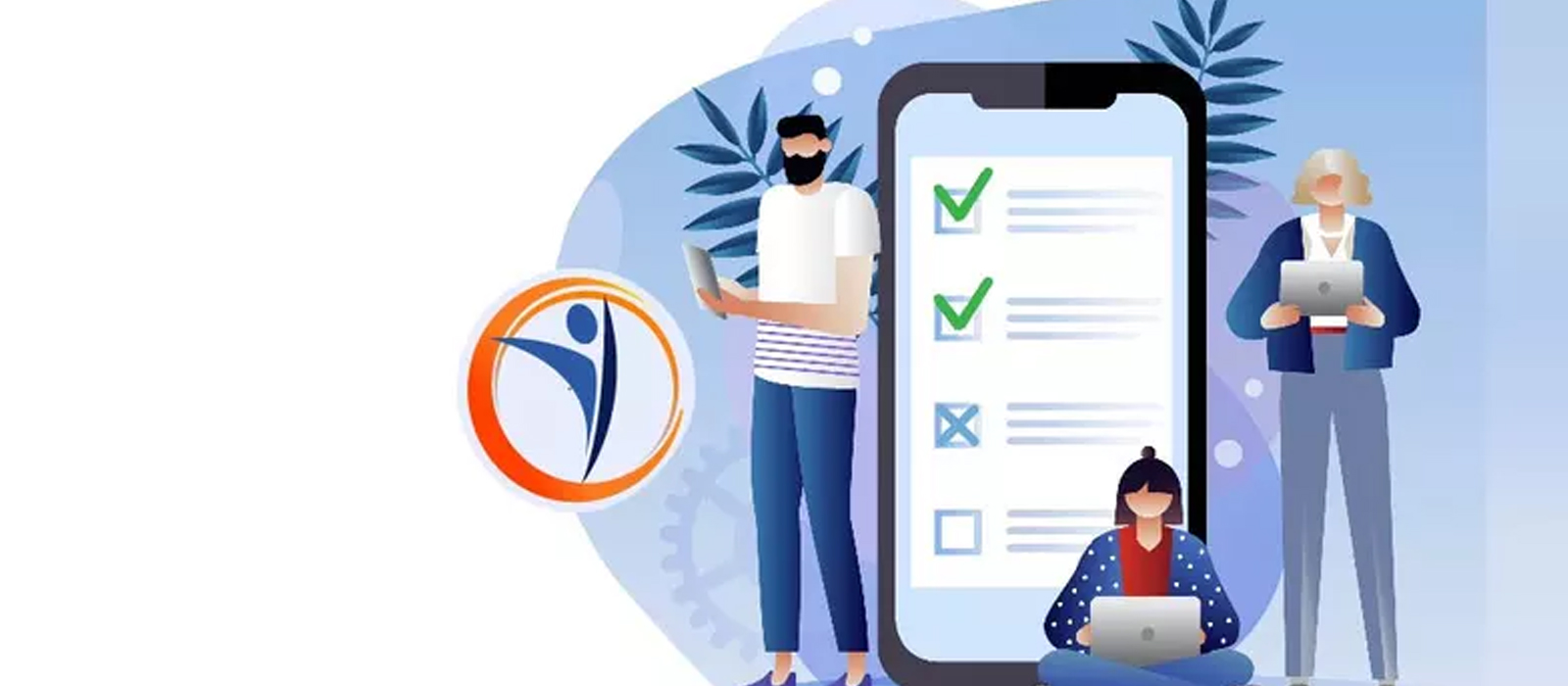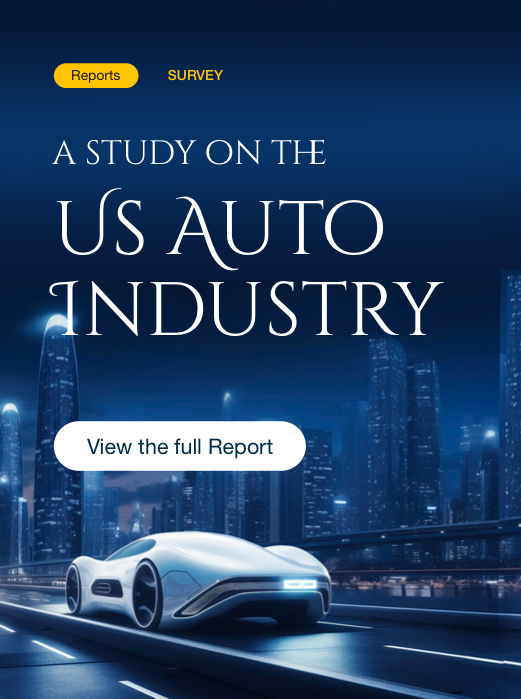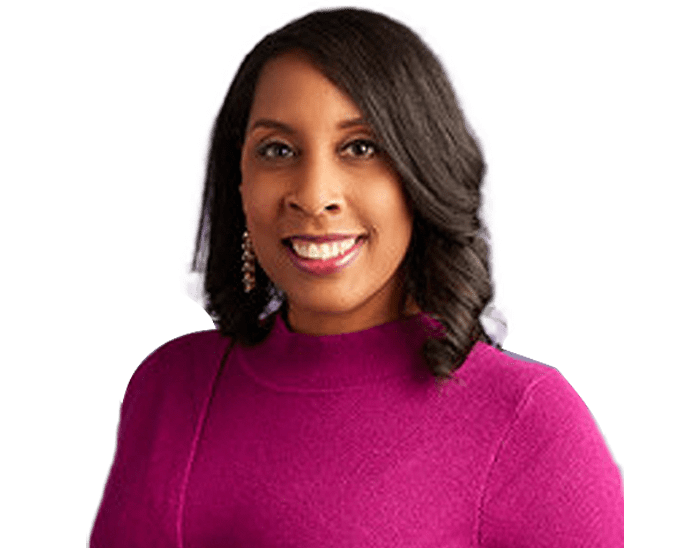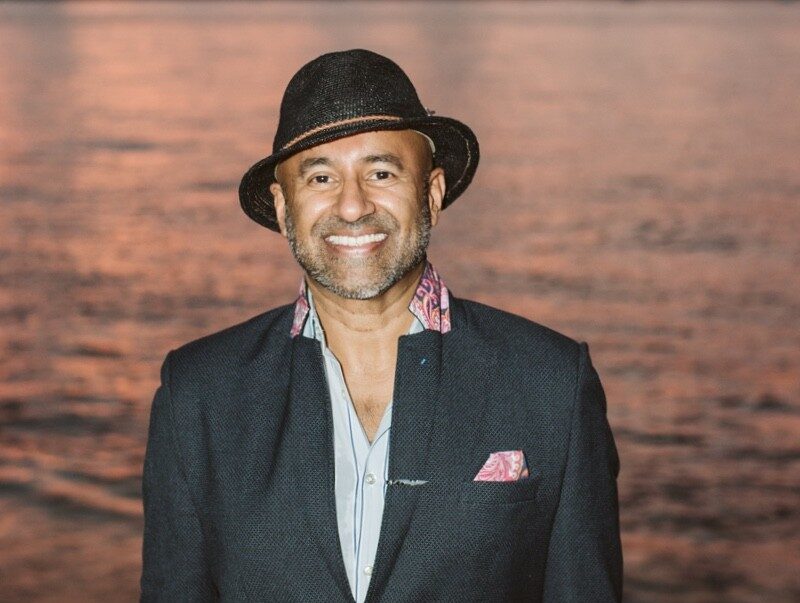- Was there a defining moment that took you from the medical profession to being an entrepreneur?
I am still practicing in the medical profession, but a defining moment made me realize that I had more to offer that went beyond my work in medicine. At some point, I began to realize that my true purpose and source of fulfillment came from my ability and desire to share my authentic self. At the time, I was a practicing consultant pharmacist, and I had made it a point to end one of my routine consulting lectures with five minutes of what I called the “Every Day Peace” moment. I shared my beliefs on universal truths, what it means to live a life of peace, and how to embrace our authentic selves. I was speaking to a room full of medical professionals, and I shared alternative ways (outside of traditional medical practices) to view and manage stress. Eventually, this 5-minute “Every Day Peace Moment” became a regular staple in my lectures. After several months, I was invited to be a keynote speaker in one of the upcoming events and the organization asked that I focus my talk on “Every Day Peace” instead of pharmacy. I was humbled that my message was useful and resonated with so many people. That was my defining moment.
- What were some of the main obstacles in your career development, whether exterior or interior?
The main obstacle in my career was figuring out how to carve out time for myself in light of my schedule being so full. Healthcare is a demanding field that requires tremendous dedication and sacrifice. I wasn’t sure I could build anything for myself outside of my healthcare work due to my grueling work schedule.
- What is your “Every Day Peace” philosophy, and how does it help women attain their goals?
The “Every Day Peace” philosophy is to live and understand life from the following perspective: “Everything that shows up in our lives, both the wanted and unwanted, shows up for one reason. The reason is to allow us space and time to consciously build toward our next levels of greatness.”
- The workforce continues to be seriously disrupted from the Pandemic to the Great Resignation. What advice do you have for women navigating corporate America?
The advice I have for women navigating corporate America is to always show up as your authentic selves. Women have a tremendous ability to be flexible and humble, and those traits are integral for finding success (especially when partnered with hard work and emotional intelligence). However, it’s equally important that we work towards our goals without compromising our authentic selves. We will not fully enjoy the journey or the destination without balance.
- Do Black women have more pressure and stress in leadership roles today? Or does everyone have a bullseye painted on them in this very polarized society?
There are definitely many articles that speak about the pressure and stress that black women in leadership experience. I believe that the growing awareness of this issue will have positive results.
- You stress listening to your body to optimize your mind. How does that work, and what are some examples in your life?
Our minds have the amazing ability to reason and compromise. Our bodies, however, do not. When the body feels unsafe, skeptical, or downright resistant, it will communicate to you that the conditions you are subjecting it to aren’t healthy or sustainable. For example, you may feel queasiness in your stomach, tightness in your shoulders, or sweaty palms, to name a few symptoms. The signs differ for each individual, but through self-awareness, we can become very familiar with the signs and signals that our bodies are sending. When we subject our bodies to pressures that it can’t handle, they will tell us to remove ourselves from those circumstances or at least take a break from them to give our bodies the rest that they deserve.
- How can your concept of being a co-creator of one’s life be applied to career and professional development?
The idea that we are all small parts of one unifying collective provides us with a true sense of community and oneness. Learning to embrace the idea that nothing is happening to you, but all things are happening through you allows you to pay close attention to your self-talk and gratitude practice. It allows you to see your contributions, and the contributions of others, as valuable and helps reduce unhealthy competitiveness. Embracing these concepts reduces stress and improves creativity. You begin to see yourself as a co-creator, not only in your own life but in the overall mission of your organization.
- How can individuals effectively manage stress in the workplace?
There are many effective ways to manage stress in the workplace. But first, we have to acknowledge that it is impossible to totally eradicate stress. Not all stress is bad, but we should have healthy coping mechanisms to prevent that stress from getting the best of us. A few stress management techniques that I use, and I encourage my clients to use, are conscious, deep, breathing, identifying stress in the body by conducting frequent body scans, developing a gratitude practice, giving yourself frequent breaks throughout the day, and looking for opportunities to spend some part of the workday outside in nature. It’s also important to develop healthy emotional intelligence and self-awareness. It’s essential to practice seeing situations from different perspectives to healthily manage our expectations.
- How does your approach to self-awareness apply to the workplace, and how can it be a critical factor in career success?
Socrates says, “To know thy self is the beginning of wisdom.” As we increase our self-awareness, we increase our wisdom. Wisdom is an essential ingredient for workplace success.
- You also work with companies as a whole. How can companies embrace a more human-centric culture?
Companies can embrace a more human-centric culture by listening to their employees. The idea that we are all part of the same collective working to achieve the same goal means that we are all on the same team. If a company wants sustainable success, they have to be in the business of knowing what its employees need to succeed so that everyone is aligned toward the goals and mission of the organization.
- What figures have inspired you in your journey?
My journey has been inspired by so many people. It’s difficult to pinpoint one person, but if I had to, I would say the most influential person in my life was my mom. She planted the seeds of inner peace, hard work, and faith within me.
- Who is your favorite singer?
I think it depends on my mood and what I need at that moment. Today, my favorite singer is Whitney Houston.

